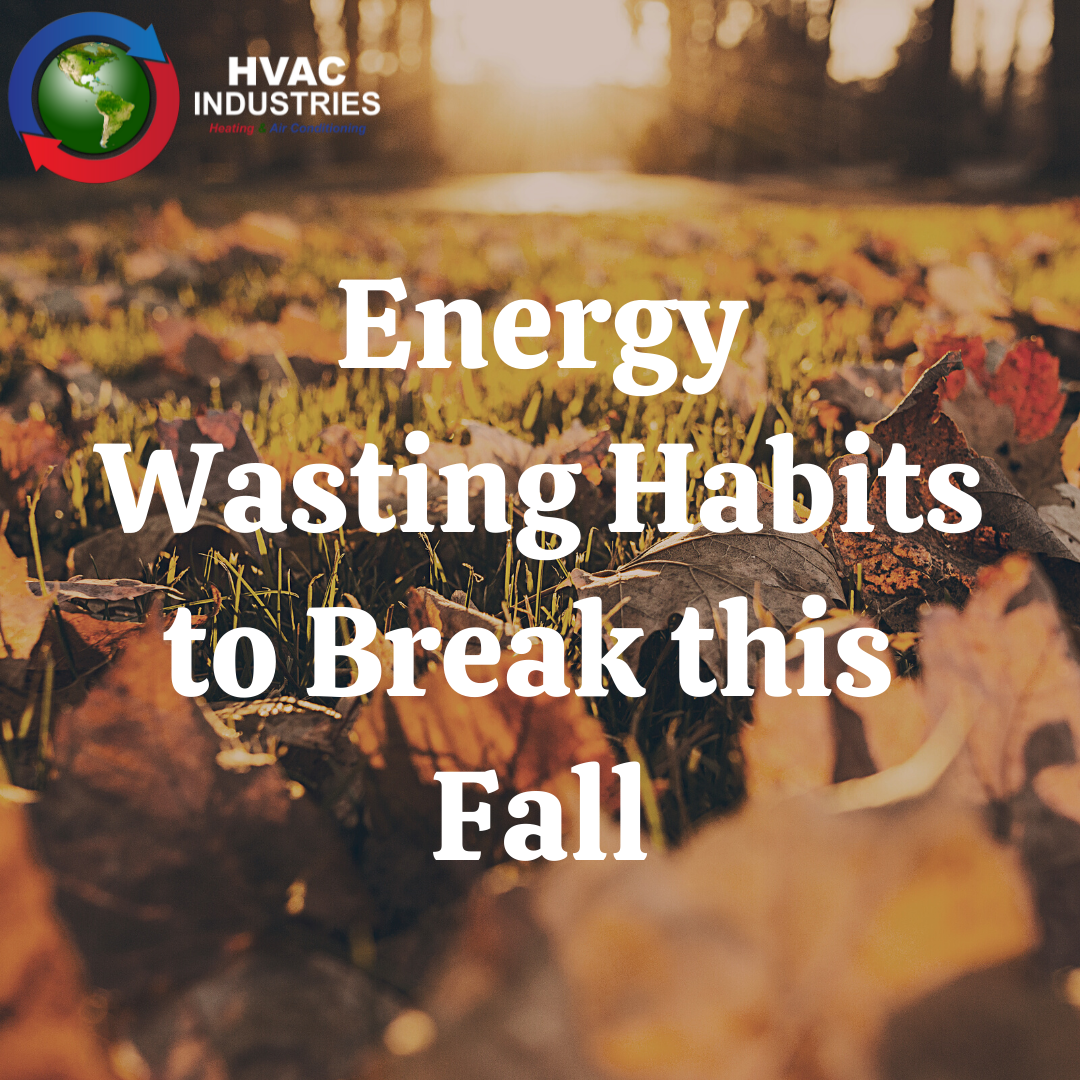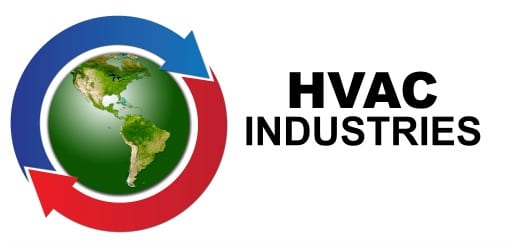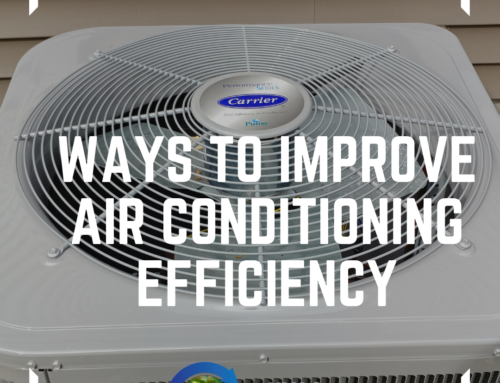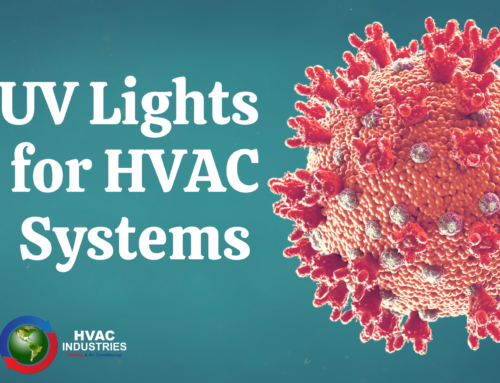 Habits often go unnoticed until someone points it out or we’re faced with unpleasant consequences. In addition to your personal habits affecting health and relationships, you may have habits that affect your energy consumption, costing you more over time.
Habits often go unnoticed until someone points it out or we’re faced with unpleasant consequences. In addition to your personal habits affecting health and relationships, you may have habits that affect your energy consumption, costing you more over time.
Opening windows at the wrong time
There’s nothing like fresh air to clear out your home and keep stuffiness at bay. Ventilation is critical and if during the right weather, you leave your windows open to circulate through your home, your family will benefit.
If, however, you open them to cool an overheating room (or vice versa in summer), your HVAC system will have to work harder, wasting energy.
Setting your temperature too high
As the temperature drops in fall, your body might be craving the fading summer warmth.
There’s a definite temptation to turn up the heat inside to prolong the comfort you enjoyed during summer. Unfortunately, this also consumes extra energy. Set your thermostat a degree or two lower to save on energy.
Postponing furnace tuneups
As long as the furnace comes on when the temperature drops, everything is ok, right? Not so fast. Without regular tuneups, you’re wasting energy to keep your home warm during fall and winter. The longer you procrastinate, the more energy you waste. If you haven’t already, call in the pros to tune up your furnace for the season and save on energy.
Leaving a dirty filter in your furnace
Dirty filters prevent air from flowing freely throughout your ductwork and increase the pressure that your blower has to overcome.
This has two negative impacts: it forces you to set the temperature higher to provide the right amount of heat throughout your house and it makes the fan work harder. Replace your filter regularly to ensure that you’re not wasting energy in addition to having poor air quality.
Long hot showers
Cranking up the heat in your shower costs you energy from hot water but it also affects your HVAC system.
When your bathroom steams up, you’ll have to run the exhaust fan longer to remove all that moisture, adding strain to your HVAC system as it heats up the replacement incoming air (which generally enters through any gaps in construction or when the exterior doors open). If you have an energy recovery ventilation (ERV) system, this is less of a problem so consider this upgrade.
It’s time to change some habits. If you need help with HVAC upgrades and maintenance that will help you save energy, give us a call.






